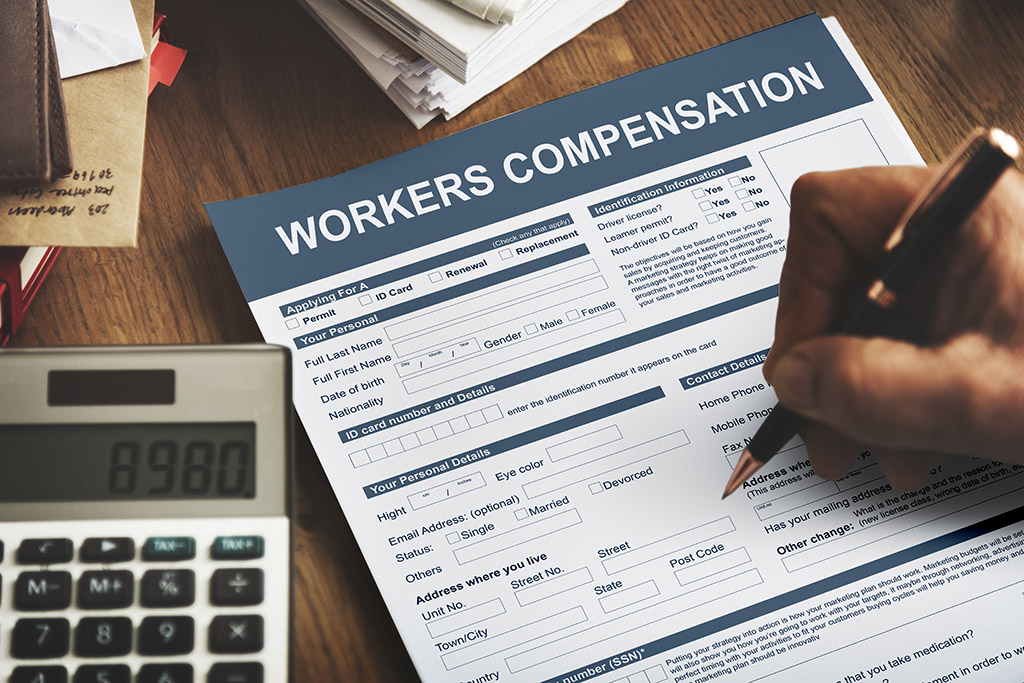Navigating the process of filing a workers’ compensation claim can be daunting, particularly when misconceptions abound. Understanding the truth behind these myths can ease the process, ensuring that injured workers receive the benefits and support they deserve. Whether you are considering filing a claim or are in the midst of one, dispelling these common misconceptions is crucial.
Contents
Misconception 1: You Cannot File a Claim if the Accident Was Your Fault
One of the most pervasive myths is that employees cannot file a workers’ compensation claim if they are at fault for their injuries. In reality, workers’ compensation is a no-fault system. This means that you are generally entitled to benefits regardless of who caused the accident, provided that it occurred during the course of your employment. The primary exceptions include injuries resulting from horseplay, intoxication, or intentional self-harm.
Misconception 2: Workers’ Compensation Claims Will Lead to Job Loss
Many employees fear that filing a claim will jeopardize their job security. This misconception can prevent injured workers from seeking the benefits they need. In most jurisdictions, it is illegal for an employer to retaliate against an employee for filing a workers’ compensation claim. If you face any form of retaliation, such as demotion or termination, legal remedies are available to protect your rights.
Misconception 3: You Must Be Injured in a Single Accident to Qualify
Some believe that only injuries resulting from a single, identifiable accident are eligible for workers’ compensation. However, this is not the case. Workers’ compensation covers a range of injuries, including those that develop over time due to repetitive motion or prolonged exposure to harmful conditions. Conditions like carpal tunnel syndrome or hearing loss from constant noise exposure are examples of injuries that can be covered.
Misconception 4: Minor Injuries Are Not Worth Filing a Claim
There is a misconception that only severe injuries warrant a workers’ compensation claim. Even minor injuries can lead to significant medical expenses and time off work. Filing a claim ensures that you are compensated for all medical treatments and any lost wages, regardless of the injury’s initial severity. Additionally, what seems minor at first can sometimes develop into a more serious condition.
Misconception 5: You Do Not Need to Report the Injury Immediately
Prompt reporting of your injury is crucial. Some employees believe they can wait to see if their condition worsens before reporting it. Delays in reporting can complicate your claim and may even result in denial. Most jurisdictions have strict timelines for reporting workplace injuries, and failing to adhere to these deadlines can forfeit your right to benefits.
Misconception 6: Workers’ Compensation Covers All Medical Expenses and Lost Wages
While workers’ compensation aims to cover medical expenses and a portion of lost wages, it is not all-encompassing. Typically, it will cover necessary medical treatments and a percentage of your average weekly wage, but not the full amount. Additional expenses, such as travel costs for medical appointments, may not be covered unless specified by your jurisdiction’s workers’ compensation laws.
Misconception 7: You Cannot Choose Your Own Doctor
In many cases, employees believe they must see a doctor chosen by their employer or the insurance company. While some states do have regulations requiring an initial visit to an employer-designated physician, you often have the right to seek a second opinion or choose your own doctor for ongoing treatment. Understanding your state’s specific regulations can help ensure you receive appropriate medical care.
Misconception 8: Workers’ Compensation Benefits Are Taxable
Another common myth is that workers’ compensation benefits are subject to taxation. In most cases, these benefits are not taxable at the state or federal level. This tax-exempt status applies to the benefits received for medical expenses and lost wages under a workers’ compensation claim, providing a crucial financial relief for injured workers.
Misconception 9: Pre-existing Conditions Disqualify You from Filing a Claim
Having a pre-existing condition does not automatically disqualify you from filing a workers’ compensation claim. If a workplace injury aggravates or worsens your pre-existing condition, you may still be entitled to benefits. It is important to disclose any pre-existing conditions to ensure an accurate assessment of how your work-related injury has impacted your overall health.
Misconception 10: Settling a Workers’ Compensation Claim Is the Same as Suing Your Employer
Some employees confuse workers’ compensation claims with personal injury lawsuits. Filing a workers’ compensation claim is not the same as suing your employer. Workers’ compensation is designed to provide a streamlined process for employees to receive benefits without the need for litigation. In most cases, accepting workers’ compensation benefits precludes you from suing your employer for the same injury.
Get the Support You Deserve
Understanding the realities of workers’ compensation can empower you to navigate the claims process with confidence. Uncovering the reality behind these common misconceptions helps ensure that you receive the benefits and support you need after a workplace injury. If you have any doubts or questions, consulting with a legal expert can provide clarity and guidance tailored to your specific situation according to the Los Angeles workers’ comp lawyer at Rose, Klein & Marias. Remember, the goal of workers’ compensation is to aid in your recovery and return to work, safeguarding both your health and financial stability.




